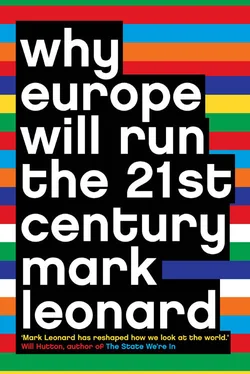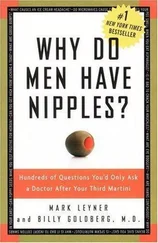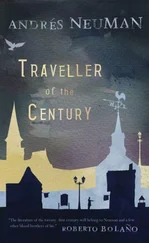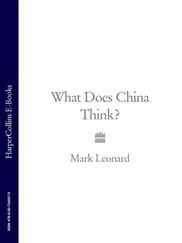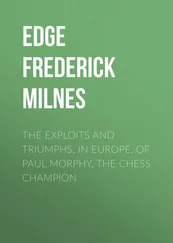This was part of a broader strategy to respond to a post-9/11 world in which terrorists could procure weapons of mass destruction from ‘rogue states’. Pre-emptive strikes were intended to help restore the viability of deterrence – by making it clear that the USA would severely punish any state that considered sharing destructive technologies with terrorists. By making an example of Iraq, Rumsfeld hoped to be able to send a message to Iran, Syria, North Korea, and any other country thinking of equipping itself with weapons of mass destruction.
Using brute force to convey a message is not new. But now this idea of ‘power as spectacle’ can be perfected with the technology of the twenty-first century: ‘daisy cutters’, ‘bunker-busting’ nuclear bombs, squadrons of F16s, and the like. The problem with expressive violence is that its effects soon wear off. Rulers in the past found that they needed to up the ante with ever more gruesome executions and other displays of might, such as the gut-wrenching execution of Robert-François Damiens, who was ripped apart by four galloping horses for attempting to kill Louis XV of France in 1757. And even if fear can be maintained, it becomes increasingly expensive and ultimately counter-productive as it creates resentment among the very people it is seeking to control.
That is what has happened with Iraq. There were almost monthly displays of firepower between 1991 and 2003 to keep the regime on its toes. When this was felt to be failing, the logic of the allies’ position compelled them to invade in 2003. The initial effect was successful. Saddam was removed, and Iran, Syria and Libya were initially cowed by the brute force of the invasion. But soon the effects wore off. Already the regimes in Tehran and Damascus feel emboldened by the fact that 130,000 US troops are bogged down in Iraq. And as the continued presence of foreign forces acts as a magnet for insurgency, the Syrian and Iranian regimes look on with relief at the transformation of a potentially popular war of liberation into an unpopular and bloody occupation.
However, the fatal flaw of ‘power as spectacle’ is that it is essentially destructive. It can stop people doing bad things, but it is not a good way to build and govern a complex society. In Afghanistan the allied invasion had no trouble removing the Taliban regime, but the allies failed to rebuild Afghanistan from the roots up. In spite of a veneer of democracy, the underlying realities of rule by warlords, corruption, and nepotism remain the same. As one American soldier wryly put it: ‘We thought we had bought the Northern Alliance, but it turns out that we had rented them.’ Once the superpower’s attention had been diverted by the war in Iraq, its power to transform the Afghan Republic began to wane.
This kind of power is inefficient because it is always imposed on unwilling subjects from outside, rather than changing the wiring of society from the inside. This is what led modern societies to move from ‘power as spectacle’ towards ‘power as surveillance’.
The French philosopher Michel Foucault showed how, from the nineteenth century, advanced societies moved from relying largely on the deterrence of visible expressions of might to discipline enforced by making potential subjects of power visible, through regulation, official papers, CCTV and prisons. Foucault argues that the shift from spectacle to surveillance allowed modern societies to be policed at a fraction of the cost of the ‘Ancien Régime’. The key was finding ways to record and monitor the behaviour of citizens in a systematic way through the development of timetables, identity cards, photographs, medical records, and laws.
The United Nation’s weapons inspections were developed because military power is expensive and short-lived in its effects. By getting the international community to insist that Iraq complied with treaties that Saddam himself had signed, the UN felt that it would have the legitimacy to change Iraq. And by sending Hans Blix and Mohammed Al Baradei to triple-check every single Iraqi claim, they knew they would not have to take Saddam at his word. Weapons inspections are the direct opposite of power as spectacle: it is not the strength of Blix and his team that needs to be on show, but the behaviour of the Iraq regime and sites they are inspecting. This was power as surveillance.
Конец ознакомительного фрагмента.
Текст предоставлен ООО «ЛитРес».
Прочитайте эту книгу целиком, купив полную легальную версию на ЛитРес.
Безопасно оплатить книгу можно банковской картой Visa, MasterCard, Maestro, со счета мобильного телефона, с платежного терминала, в салоне МТС или Связной, через PayPal, WebMoney, Яндекс.Деньги, QIWI Кошелек, бонусными картами или другим удобным Вам способом.
